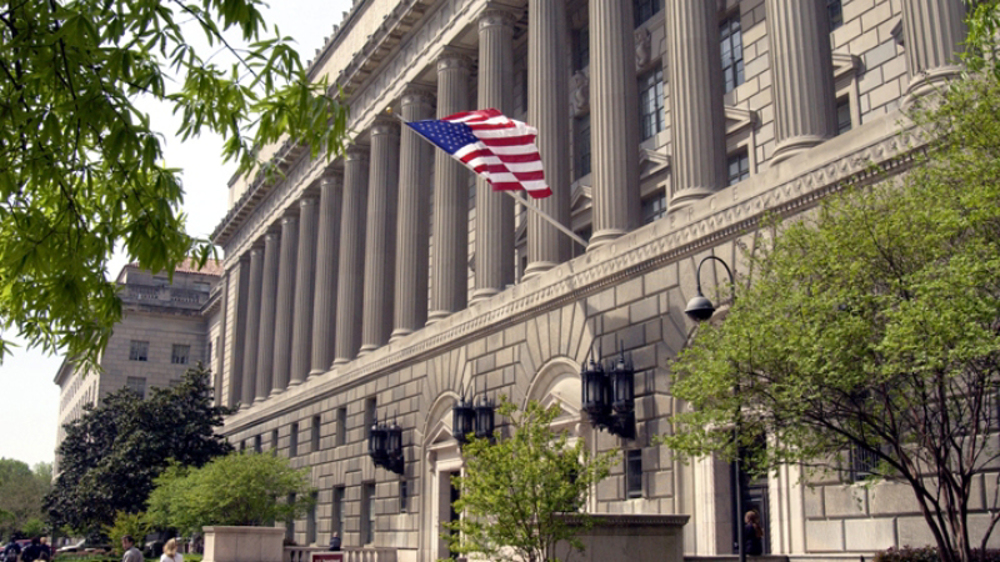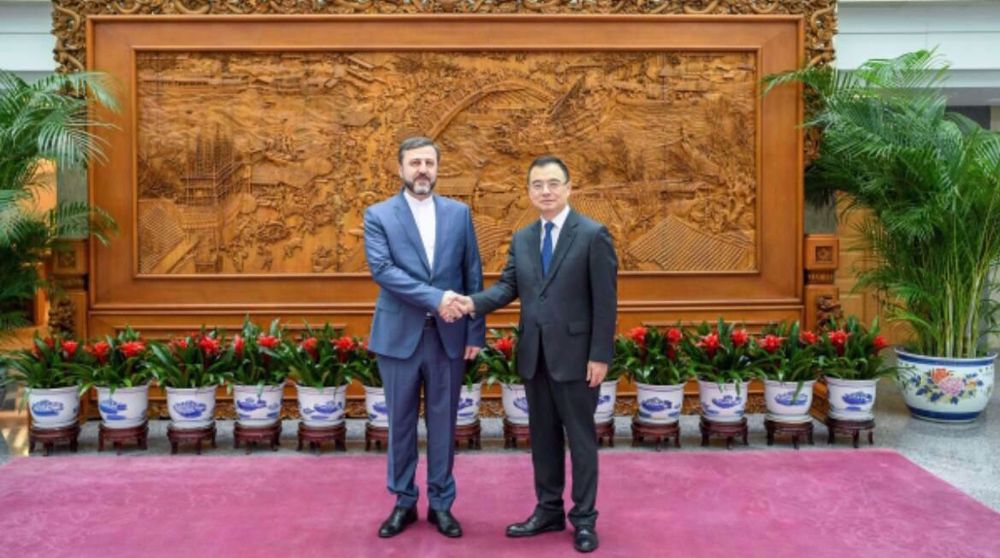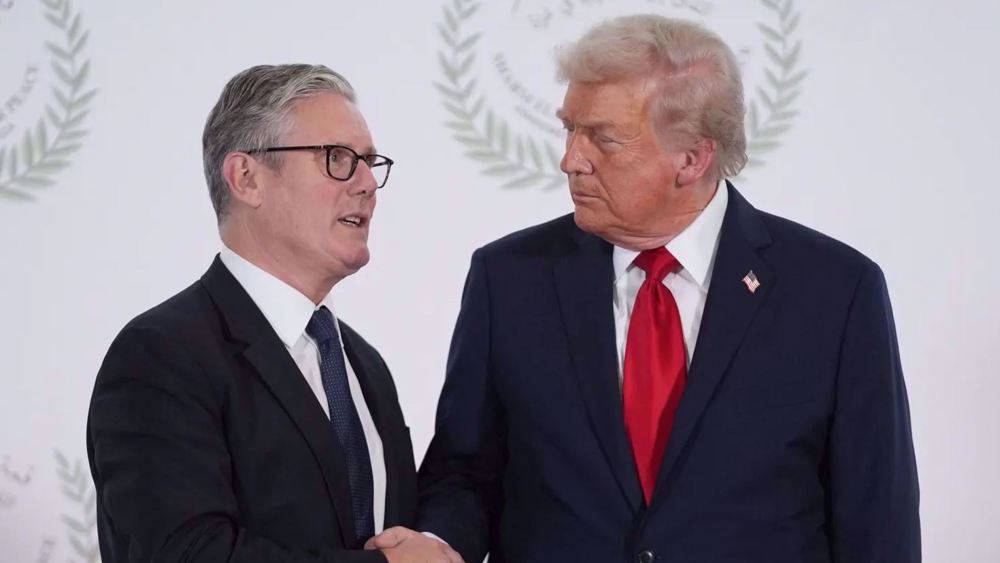US to add 33 Chinese companies to economic blacklist
The United States has decided to add 33 Chinese firms and institutions to an economic blacklist over alleged human rights violations or having ties with China’s military.
The US Commerce Department announced the decision on Friday, citing national security concerns and Beijing's treatment of its Uighur Muslim minority.
The department said in a statement that nine companies were included in the list for their alleged complicity in human rights violations and abuses, mass arbitrary detention, forced labor and high-technology surveillance against Uighur Muslims and other ethnic minorities.
It further said 24 governmental and commercial organizations were also added to the list for allegedly helping procure items for the Chinese military.
The blacklisted companies focus on artificial intelligence and 5G communication networks.
Among the companies added to the list are NetPosa, one of China's most famous AI companies, Qihoo360, a major cybersecurity firm as well as Softbank Group Corp-backed CloudMinds.
These firms could not be immediately reached for comment.
The commerce department said the blacklisted companies will be subject to sanctions which restrict their access to American technology and the purchase of US-related goods.
The development came after Washington imposed new restrictions on Chinese tech giant Huawei last week, severely limiting its ability to use American technology to design and manufacture semiconductors produced for it abroad, as part of a new escalation in the US-China battle for global technological dominance.
The new listings follow a similar measure last October when the Commerce Department added 28 Chinese public bureaus and companies -- including video surveillance company Hikvision—to a US trade blacklist over the treatment of Uighurs.
Friday’s development is the latest escalation in a row between the United States and China, which has intensified this year over the coronavirus pandemic and more recently over the Hong Kong pro-democracy movement.
On Friday, China imposed a new security law on Hong Kong in an attempt to restore calm to the semi-autonomous city after seven months of fierce anti-government protests last year.
US Secretary of State Mike Pompeo has blasted China for the move, claiming that the measure could be a "death knell” for the city’s autonomy.
The semi-autonomous Chinese territory was rocked by turbulent protests starting in June last year, when some citizens across the city began protesting against a proposed extradition bill. The proposal has since been withdrawn.
The Chinese government says the United States and Britain have been fanning the flames of unrest in Hong Kong by supporting the protesters.
Hong Kong has been governed under the “one-country, two-system” model since the city — a former British colony — was returned to China in 1997.
Moreover, the United States has for long courted Taiwan in an attempt to counter China, which has pursued Taipei’s reunification ever since the island broke away from the mainland during a civil war in 1949.
China claims full sovereignty over the island and almost all world countries recognize that sovereignty. The US, which has no formal diplomatic relations with Taipei by law, has extensive military ties with the island, selling it advanced military hardware.
Iran puts ‘Jam‑e Jam 1’ into orbit in milestone for national broadcasting
‘Colonial eradication of Palestine’: Iran condemns Israel’s West Bank annexation push
Thousands block Melbourne as Israeli president ends contentious Australia visit
Nearly 800 Lufthansa flights cancelled as pilots, cabin crew strike
Pezeshkian: US, Israel exploit Iran’s challenges without genuine concern
VIDEO | Press TV's news headlines
VIDEO | Chaos by design
Leader hails Iranians for disappointing enemies with multimillion rallies












 This makes it easy to access the Press TV website
This makes it easy to access the Press TV website